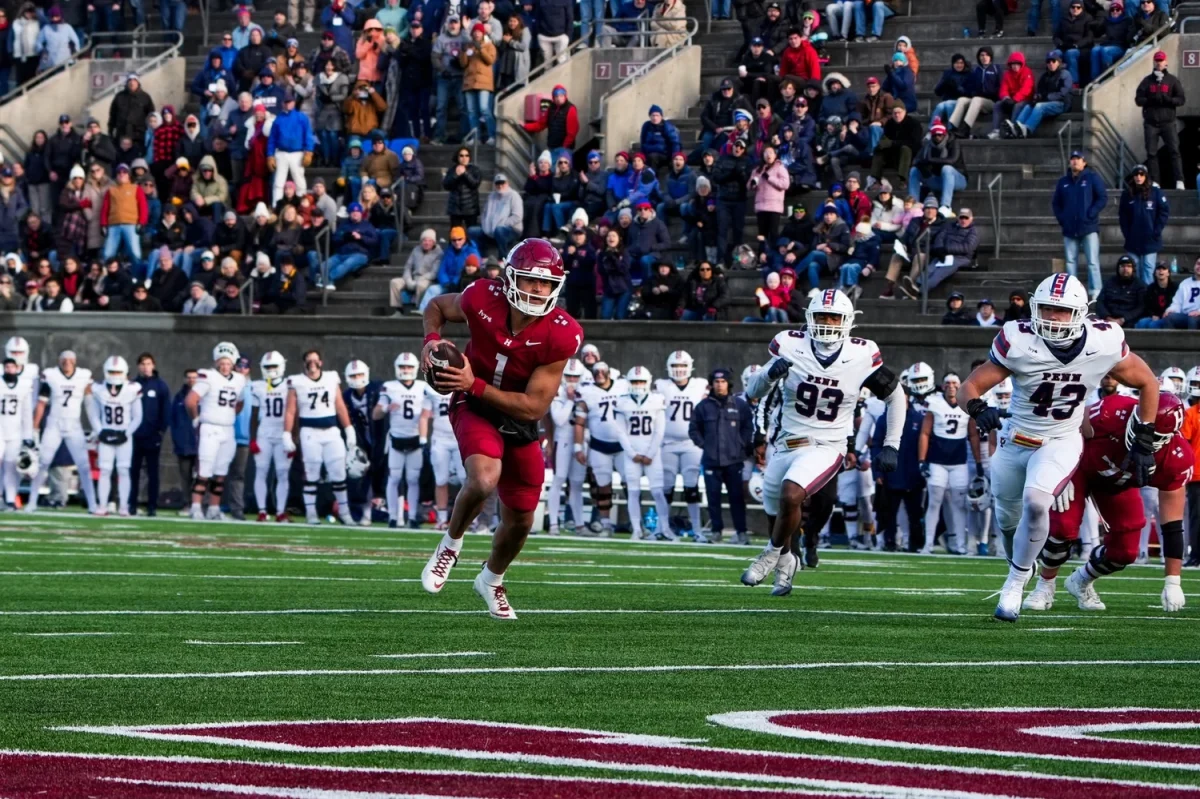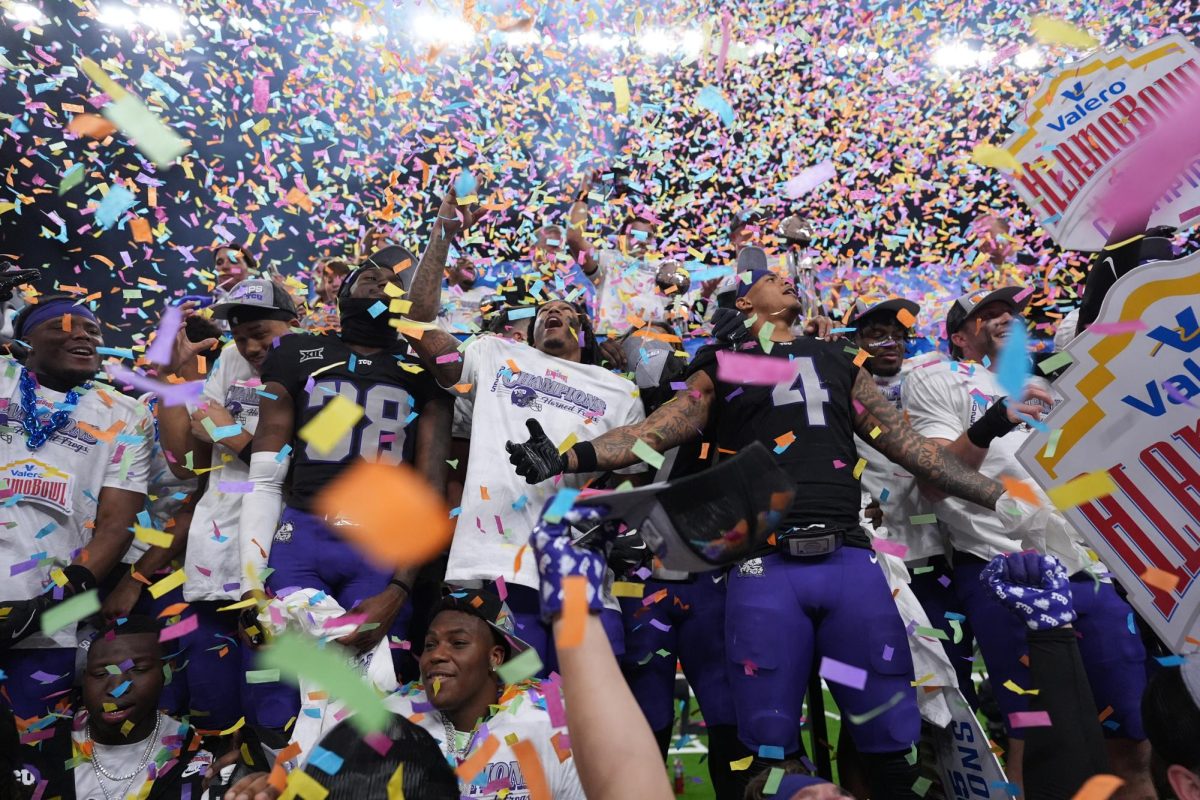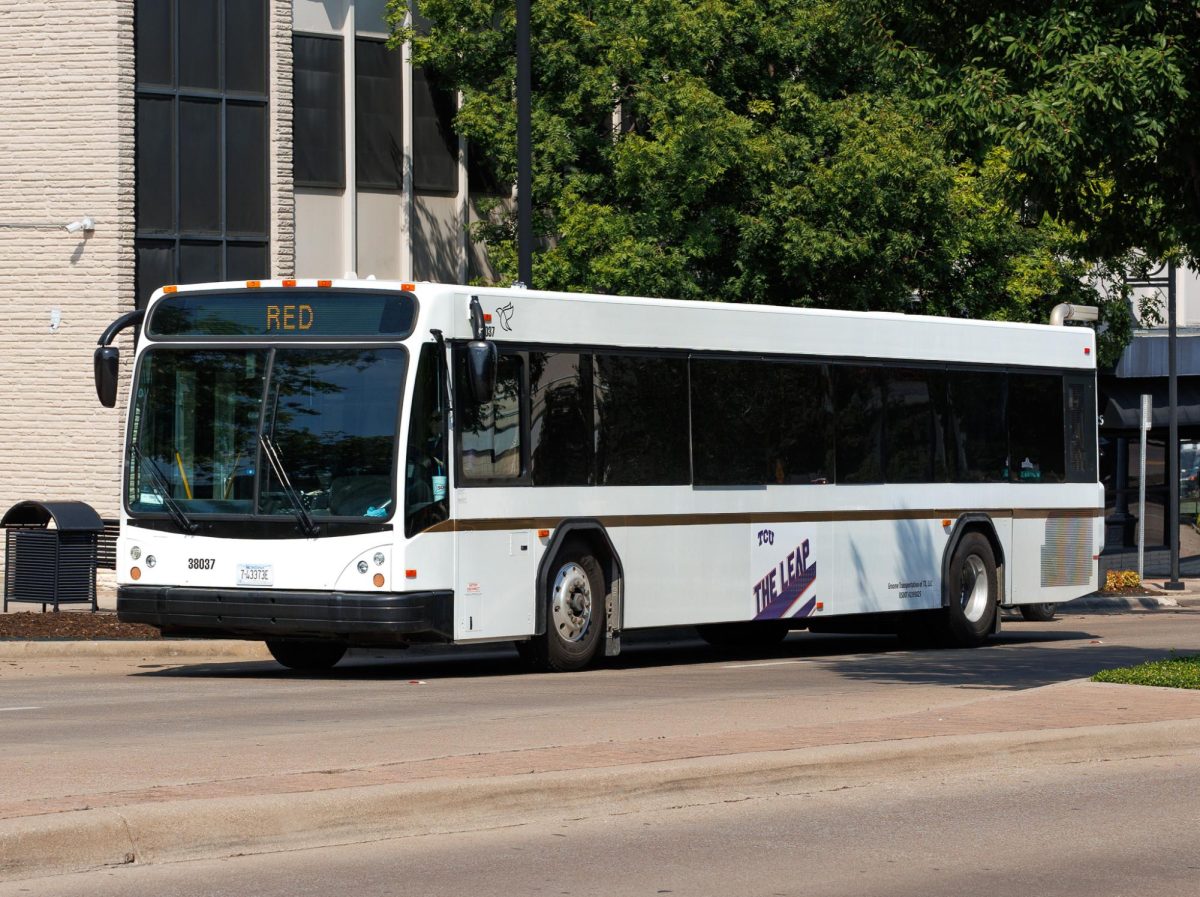Without announcement or proclamation, TCU quarterback Casey Pachall walked into the large, open room of the Moncrief Club and straight to the buffet line.
As he shuffled through the trays of salad and Mexican cuisine at TCU’s media day, heads turned up, as people instantly recognized the arms covered in ink. Reporters nodded to one another, immediately noting his presence.
No one spoke to Pachall as he sat down at a table by himself with a cup of iced tea and plate of chicken casserole. Dressed in a TCU polo shirt, jeans and a pair of boots, he looked at his phone and didn’t make eye contact with others.
Around him, the room was silent. The upcoming moment was clearly understood, but the dozens of reporters didn’t say anything about it. TCU Athletics didn’t promote it, but for the first time in almost a year, Pachall was going to speak to the media.
For the first time in public exposure since September 2012, Casey was ready to prove that he is a changed man.
The saga of Casey Pachall took a long journey to get to that point. Since the last time Pachall spoke to the media, he got soaked by a monsoon in a gritty win over SMU, was arrested for drunk driving, left the team, then voluntarily checked into rehab.
He didn’t take questions in January after getting reinstated with the university and team. He didn’t talk to reporters during spring ball. He didn’t appear at the Big 12 Media Days, as head coach Gary Patterson said Pachall wanted to remain out of the spotlight.
By Wednesday morning, Casey changed his mind.
By his own choice, Pachall decided to speak to the media July 31. With his head coach at his side, Pachall stood confidently at the podium, prepared to meet with the press. The once-shy quarterback, who used to ask his coach to help him stay out of the spotlight, was ready to show the reporters that he was different now.
Casey had no opening statement. No remarks, no jokes, no apologies nor quotes. Just ready to field questions from the mob.
The first question was about his receivers. When asked who was impressing him as a lead receiver, Pachall turned at the reporter asking the question and shrugged. He said his team is improving, but no one has replaced former receiver Josh Boyce quite yet.
“We need guys to step up,” the quarterback said as a part of his quote. His full answer, crisp, clearly-thought out, and full of charisma, started the frenzy of questions.
The rehab questions came. The questions about his substance abuse problems arrived. The questions about critics came as well. Reporters called out over one another, eager to finally hear from Pachall.
Casey answered each question, never batting an eye or losing his cool.
He owned up to his mistakes, saying his actions were what let down his teammates last year and that rehab made him a more mature person. He spoke about how he had to turn the TV off on some Saturdays because he couldn’t handle being off the field while his teammates played Big 12 conference foes.
He said he never considered leaving TCU or declaring for the NFL during his turmoil, but admitted he didn’t know what his future in football was when he checked into rehab.
He also talked about his transition back into TCU football and how he has a new outlook – a changed outlook – about himself.
“They can have their own opinions,” Pachall said about his critics. “But at the end of the day, only I can control myself.”
Pachall spoke often about himself during his conference. He said “after a week or two” in rehab, he found himself to be the one responsible for his problems. After that moment, he said, he wanted to control himself differently.
That new control was well-documented at the press conference. In fact, Pachall had such an impressive appearance his head coach, the hard-nosed Gary Patterson, couldn’t help but show his emotions while standing next to him.
Throughout Pachall’s conference, the 53-year-old curled his lower lip, opened his eyes up widely and nodded often at Pachall’s remarks. Whether he meant to serve as a moderator or as a source of confidence for Casey, Patterson was completely silent at Pachall’s side, almost in surprise at how well his quarterback was responding to the questions.
After the conference, I went up to Patterson and told him how impressed I was with Pachall’s answers. The coach shook my hand, said thank you, and in true Patterson fashion, told me he still expects more from his players.
“He’s just gotta be able to follow through,” Patterson said. “There’s no such thing as seeing what happens next week. You wake up in the morning, and it’s a challenge. Whether its drug addiction, alcoholism, anorexia, it’s a struggle.”
Pachall, just like Patterson, knows the challenges that lie ahead of him. What was clear on Wednesday, however, was that Pachall is no longer afraid of addressing his past and is publicly ready to prove himself.
“Only I can control how I perform,” Pachall said. “I can’t worry about it. All I know is that I can put in 100 percent effort.”







